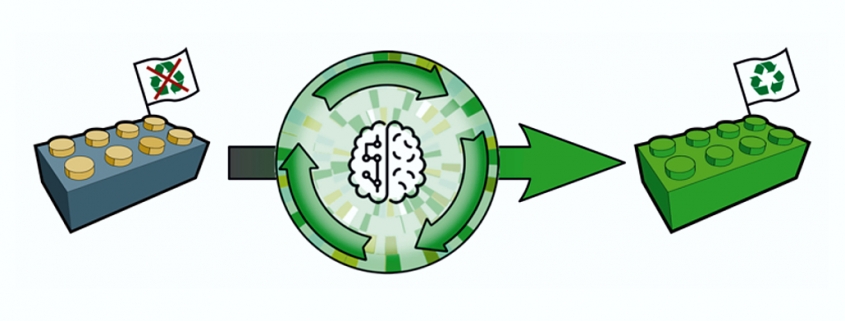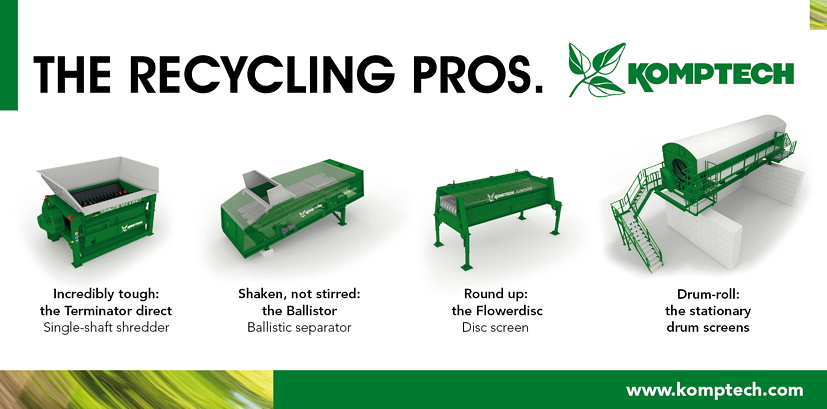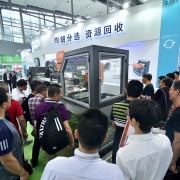“Making More Plastics Recyclable”
A German project aims at increasing the share of recyclable plastics by reducing the number of material components.
To date, it is nothing but the wishful thinking of many plastics recyclers: that recyclability is taken into account right from the very beginning of a product’s life cycle, at the product design stage. A new project in Germany, titled DIMOP, aims at a solution for realizing this goal.
Many plastic products cannot be recycled, whether multi-layered food packaging, power cable sheathing or a toothbrush. This is the case, for example, when products are made of various materials that cannot be separated at all or only insufficiently. The Chair of Business Administration and Business Information Systems at Julius-Maximilians-Universität (JMU) Würzburg in Bavaria, Germany, has been working together with the German Plastics Centre SKZ and two partners from the Bavarian plastics industry. The team aims at increasing the share of recyclable plastics by reducing the number of material components. „We focus on the product design stage because the recyclability aspect has largely been neglected by designers so far,“ Jan Werner from the SKZ (a member of the Zuse Society of Independent Research Institutes) is cited. „Designers and recyclers live in two completely different worlds; there is no exchange of information.“ That is why designers tend to choose materials that are very difficult to recycle.
Future digital platform
The project now plans to bring together these two worlds. To achieve this, the scientists want to create a software platform which provides information on the recyclability of different plastics and material combinations. “This will enable designers to weigh criteria such as functionality, resource efficiency and recyclability against each other and choose better materials based on this,” the information says. A JMU team around Norman Pytel and Professor Axel Winkelmann is in charge of creating this platform.
The DIMOP project deals with digital multi-criteria material selection to optimize the recyclability of plastic materials. It is funded by the Free State of Bavaria within the scope of ForCYCLE II, a collaborative project for more resource efficiency in the Bavarian economy, especially in SMEs and handicraft businesses. The project was kicked off in July 2019 and is set to run for three years.
(GR 32019, Page 7, Picture: Jan Werner / SKZ Würzburg)








